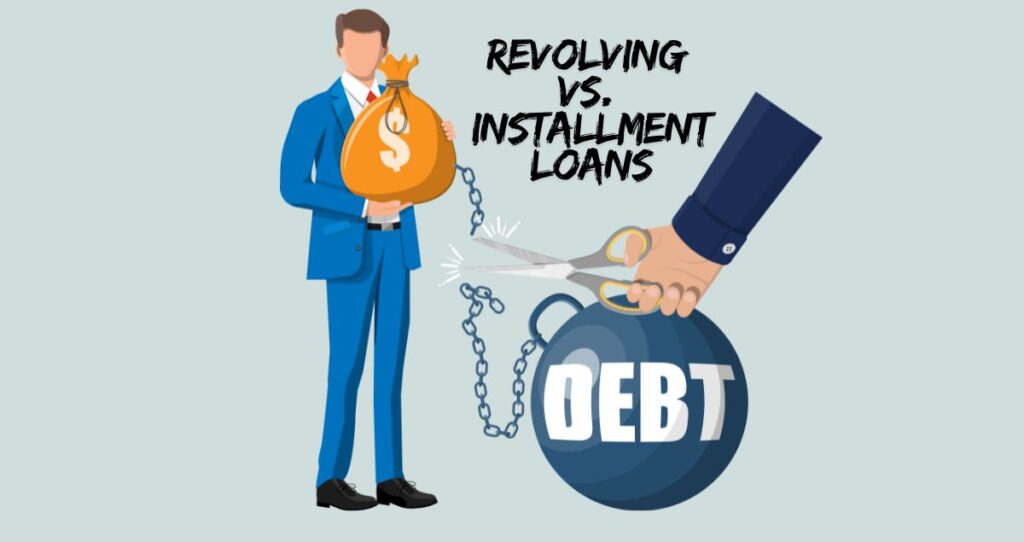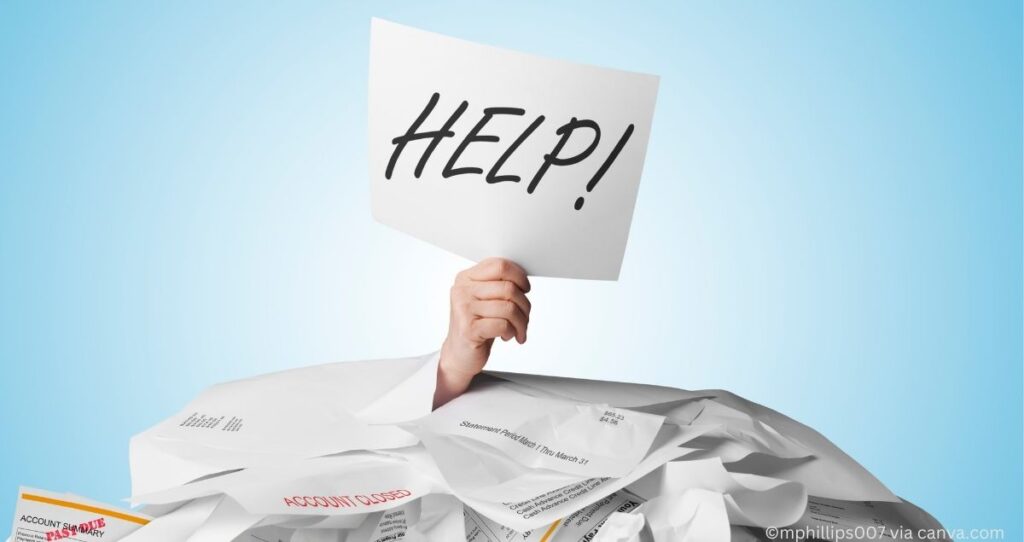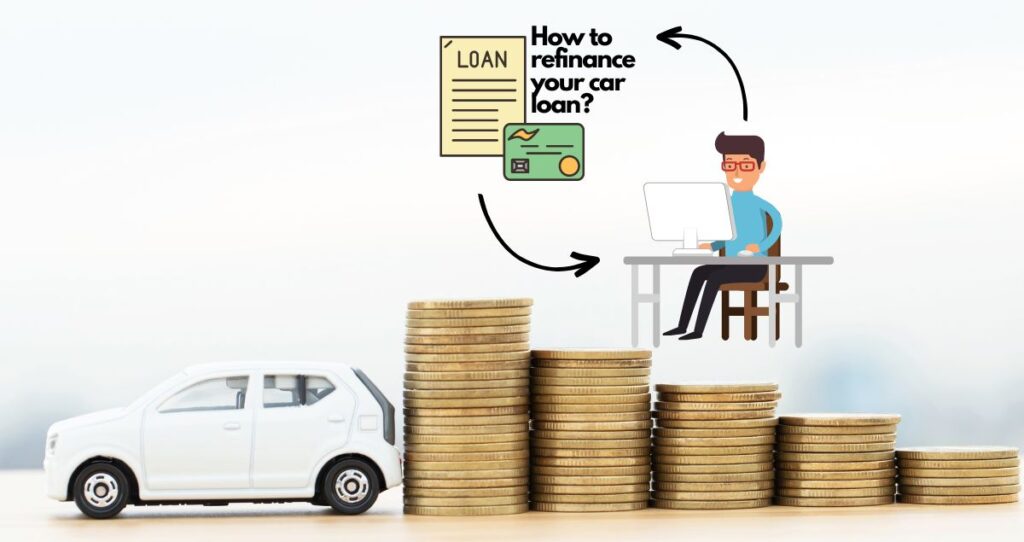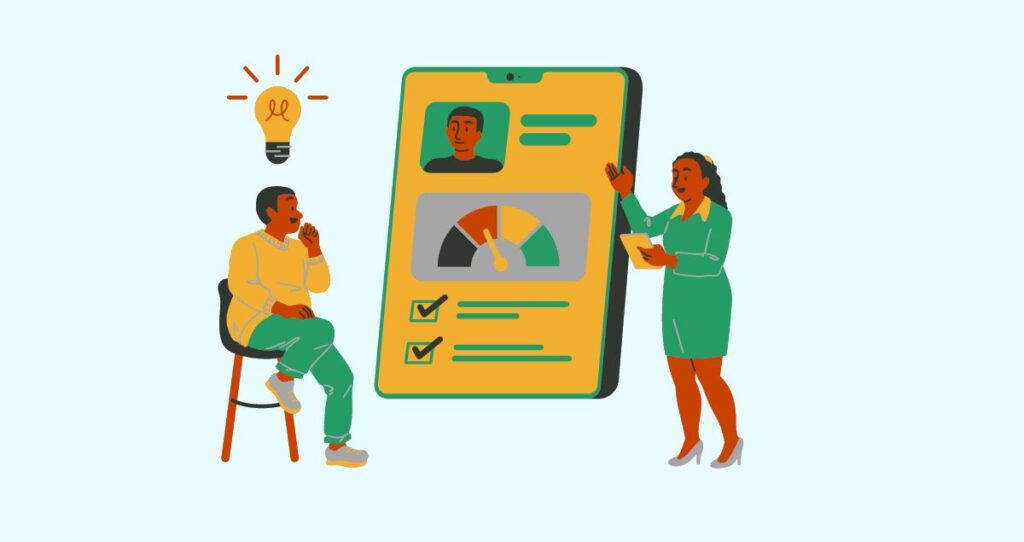Having a late payment on your credit report will affect your FICO score and the health of your credit. A single late payment alone can lower your credit score by up to 110 points. In addition, late payments stay on your credit report for 7 years. That is why you should avoid late payments on your credit report as much as you can.
Both FICO Score and VantageScore models apply more weight to your payment history. At the end of the day, you are automatically a risky borrower if you cannot make your payments on time or pay your debt at all. Your payment history affects your FICO score calculation by 35% and 40% of your Vantage Score.
This article will walk you through some of the tips you can use to avoid late payments on your credit report.
What is considered to be a late payment on your credit report?
Your lenders report your credit account activities to credit bureaus. These activities include your payment behaviors, inquiries, credit utilization, credit limits, etc. Once this information is reported to major credit reporting bureaus(Equifax, Experian, and TransUnion), your credit reports get updated. Depending on the changes made to your credit reports, you might see your credit scores going higher or lower.
In order to have a late payment on your credit report, it must be reported first. Lenders do not report late payments until after 30 days from the due date. Even if you missed a payment, it will not be reported as a late payment right away. Lenders must wait 30 days from the balance due date before they report missed payments to credit bureaus. Any payments you did not make within that 30 days window will be reported to credit bureaus. Credit bureaus will then update that information on your credit reports.
You can avoid late payments on your credit report if you can manage to pay your balances within 30 days from their due dates.
The following are a few tips you can use to avoid late payments on your credit report.
1. Make all your payments on time (at least the minimum requirements)
The best way to manage your debts and avoid late payments on your credit report is to pay off your debts on time. You will not have late payments on your reports if you paid off your due balances.
If you can’t pay off every dollar you owe the lender, pay off the minimum monthly requirements. Every debt comes with the minimum amount you must pay every month. For example, if you owe the lender $1,500, the lender might require that you pay a small percentage of the balance like $50.
As long as you cover the minimum required balance, your lender will not report the remaining balance as a missed or late payment.
The downside of this strategy
Paying off the minimum balance is not a great debt management strategy. This is because you end up carrying balances to the next payment period. Unless you have 0% APR credit accounts, you will pay interest on the balance you carried over. That is one of the many ways lenders make money from you.
2. Pay off your credit during the 30 days grace period
The world is changing so fast that sometimes it is hard to keep up with the payments and due dates of all your accounts. Things get difficult especially when you have a lot of accounts such as credit cards.
If you recently missed a payment on your credit accounts, don’t panic. Lenders do not report your missed payments to credit reporting bureaus until after 30 days from the original due date of your balances. What you can do, in this case, is to make those payments before the 30 days window elapses.
You may still pay the annual percentage rate(APR) and other charges on the account. However, your late payment will not be reported to credit bureaus. Some lenders have different account processing times. So, if you delay your payments to the last day of that grace period, your payment might not be processed on time. This could lead to a late payment on your credit report.
3. Organize your credit accounts
Most people miss payments not because they don’t have the money to pay. Instead, they do not organize their accounts which makes them difficult to manage.
If you have many credit accounts, take a few minutes to organize them in an easy way to understand and track. For example, you can list all your debts on a piece of paper by due dates and minimum requirements.
| Credit account | Total balance | Min. payment | Due date | Interest charges |
| Credit card 1 | ||||
| Credit card 2 | ||||
| Personal loan | ||||
| Car loan |
After organizing your credit accounts, hang that paper where you can see it every day. For example, you can put it in your bathroom or bedroom. As long you can see it, it does not matter where you put it. Make sure that you pay attention to the due date column to stay ahead of your debts.
4. Switch to cash only
If you have excessive spending habits on some of your credit accounts, switch to cash only. Many people don’t understand the effect of swiping credit cards every day. So, they spend and spend until they have accumulated too many credit card debts.
One effective way to avoid late payments on your credit report is to switch to cash only. That is you will make purchases for things you have cash for. If you don’t have money to buy something, do not buy it. This way, you will never have to worry about making payments on your credit accounts or late payments on your credit reports in general.
5. Set reminders and put your calendar to a good use
When you have many credit accounts, it is difficult to track all of them. What you can do is to put all your accounts in your calendar and set reminders before the due dates. Make sure that you set reminders a few days before the due date. This way, you will have a chance to make your payments on time, even if you have to move things around.
6. Live below your means
Many people are struggling financially not because they don’t make enough money. Instead, they are stuck in the make-spend habits. People spend every dollar they make every single month to a level where they forget to budget for their debts.
In order to avoid late payments on your credit report, you must live below your means. Make money, reduce your expenses and save more money through budgeting, investing, and spending what is left. Never spend more than you make. This strategy alone can change your life and help you reach financial independence like everyone else.
7. Avoid questionable debts/bad debts or taking out more loans before paying off current debts
Bad debts or questionable debts are those that do not help you take control of your finances. You just spend and get stuck with debts that have high APRs. A good example of bad debts is consumer debts. Think of your credit card debts. Your credit cards help you buy clothes, expensive watches, groceries, etc. But, they do not help you achieve anything substantial in terms of building your finances.
Although, there are some benefits of using credit cards and similar products; the downside of these products outweigh their benefits when they are not used properly. What makes these debts bad is higher interest rates known as annual percentage rates(APR). Most credit cards also come with compounding interests which makes them harder to pay off when you are not serious.
According to Forbes, the average APR for credit cards in the U.S was 16.45% in 2021. You don’t want to pay this much interest so that you can go shopping.
Another financial mistake millions of people make is to take out more loans before paying off the ones they have already. More loans mean extra monthly payments and interest you pay to the lender. So, your debt goes higher but your income stays the same. Eventually, you find it difficult to cover your monthly payments which leads to late payments on your credit reports.
Tip: Do not borrow more money until you have paid off your current debts.
8. Set up automatic payments for your accounts
Another great strategy you can use to avoid late payments on your credit report is to set up automatic payments. With this strategy, the payments will automatically be taken out of your bank account at the date you specified.
There are two important factors you must keep in mind when using automatic payments.
- Set the payment date a few days before the due date. Technology can sometimes be unreliable. Just because you set up automatic payments, it does not mean you will have a 100% success rate. There are times when technology will not work as intended. For this reason, you need to have your balances paid a few days before the due dates. This will give you a chance to make your payments manually if the autopay does not go through.
- Have enough cash in your bank account. Autopay means the payment will be initiated whether you have enough cash or not. If you don’t have enough cash in your bank account, you might end up with overdraft fees from your bank and missing your payments at the same time.
9. Ask your lender to remove late payments from your credit reports
Having a late payment on your credit report does not look good at all and it will stay there for 7 years. The good news is that late payments can be removed from your credit reports. So, how can you get late payments removed from your credit reports?
There is one strategy you can use to get late payments removed from your credit reports. That is you contact your lenders and ask them nicely to remove those payments. A simple phone call can do the trick. Keep in mind that it might not be as simple as just calling someone. Your lender is not obligated to remove late payments from your credit reports. It will solely be based on their own will to do so.
Sometimes you need a little more convincing. Your lender can’t just remove those late payments from your credit reports. There should be something they will gain in return for this favor. What are you offering them in return?
A greater strategy is to use a goodwill letter. The letter shows that you understand and take responsibility for your missed/ late payments. Explain why it happened with examples such as divorce, loss of a job, etc. Then, kindly ask the lender to remove late payments from your credit report. You should also offer your lender incentives for this action. A good strategy is to promise your lenders a full payment of all remaining balances together with interest and related charges.
This strategy can work if you are a loyal customer and have a good history with the lender.
If this does not work, the late payment will remain on your credit report for 7 years.
The bottom line
Your payment history is the biggest factor in your credit score calculations. Once reported to major credit bureaus, a late payment will stay on your credit report for up to 7 years and you could lose up to 110 points from your credit score.
There are ways you can use to avoid late payments on your credit report. The strategies you can use involve paying off your debts on time, living below your means, and setting up reminders. In case, you have a late payment on your credit report already, you can kindly ask the lender to remove that late payment from your credit report. Your lender is not obligated to delete late payments from your credit report. However, it does not hurt to try especially when you have a good history with the lender.









